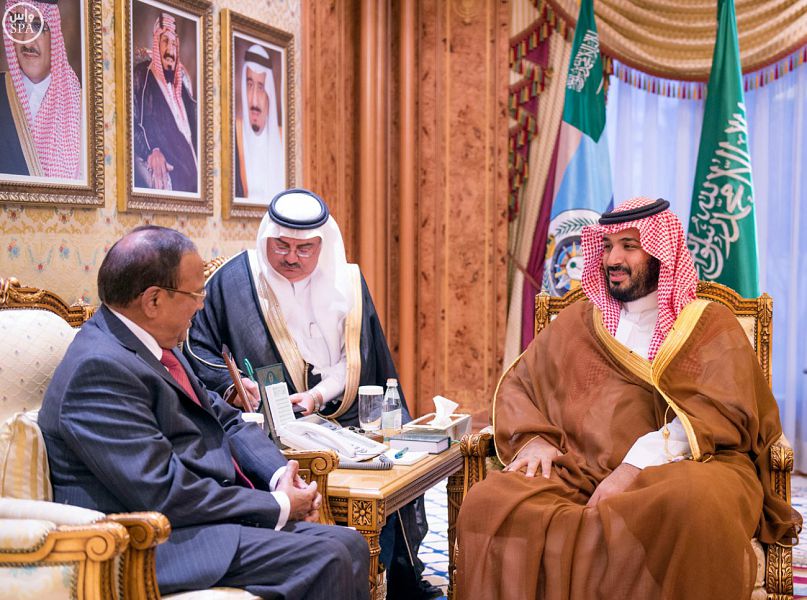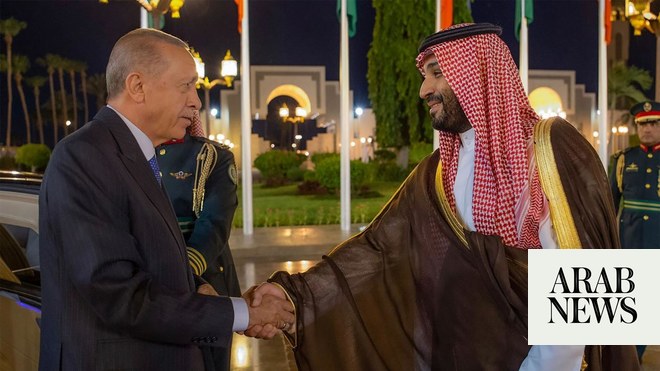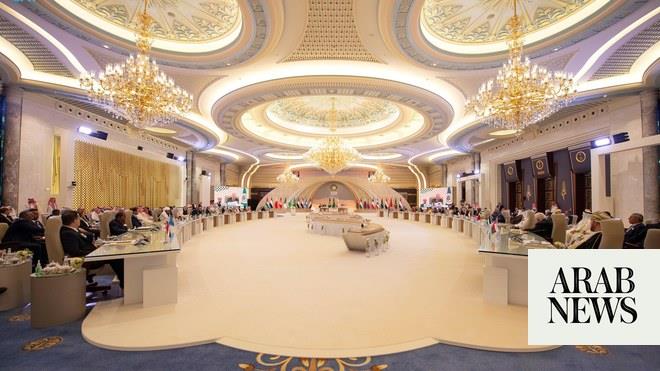
Geography is the first principle that cannot be changed in international relations, and Turkey, Iraq and Iran remain central to each other’s strategic calculations in the region they share, with the nature of their relationship continuing to affect regional balances.
The triangular relationship between three neighbors has been dominated for decades by intertwined issues related to security, water, and the policies of global and regional forces. While economic and political factors should not be disregarded, the security domain is the most powerful variable informing the link between Ankara, Baghdad and Tehran.
Turkish-Iraqi relations are once again in crisis after a recent artillery attack on a resort near the city of Zakho in Iraq’s northern, semi-autonomous Kurdish region that killed nine Iraqis and wounded more than 20 people. Iraq blamed Turkey for the strike, recalled its charge d’affaires from Ankara and held an emergency parliamentary session, with MPs deciding to form a committee to investigate the incident.
Following the attack, some Iraqis took to the streets in anger, while Baghdad summoned the Turkish ambassador and handed over a “strongly worded” protest note.
Ankara has denied accusations that it was behind the artillery strike and blamed the Kurdistan Workers’ Party, which for decades has carried out attacks against Turkey from its hideouts in Iraq’s mountainous north. Meanwhile, the Iraqi Kurdistan Regional Government, which enjoys close ties with Ankara, has been cautious in its remarks, blaming neither Turkey nor the PKK and saying the strike was the result of a “conflictual environment.”
Amid this crisis between two neighbors, Turkey’s consulate-general in the northern Iraqi city of Mosul was attacked, but there were no reported casualties. While Baghdad has demanded the withdrawal of all Turkish troops from Iraq, Ankara has said that it will keep pursuing terrorists who take refuge in the country. It is not the first time that Baghdad has objected to Turkey’s military presence on its territory. Turkish-Iraqi relations went through their most turbulent period due to the presence of Turkish troops at a military base in Bashiqa, which Ankara established in 2015.
Turkey’s military presence and its operations in Iraq against the PKK are worrying not only the Iraqi government, but also Iran, which is uneasy over Ankara’s growing influence in Iraq. So, it is not hard to guess that the renewed strain on Turkish-Iraqi relations will play into the hands of Tehran, which seeks to have a bigger say in Iraqi politics. While the PKK issue is the fundamental reason for Ankara’s close interest in its neighbor, Iran’s growing and threatening influence in both Syria and Iraq could be seen as another driving force behind Turkey’s militarized foreign policy.
The escalation in Turkish-Iraqi tensions comes as Ankara is considering a military operation against Syria — an issue that alarms Iran — and at a time when Iraq relies heavily on Turkish trade, and talks are underway on water-sharing of the Tigris and Euphrates river basin.
The escalation in Turkish-Iraqi tensions comes as Ankara is considering a military operation against Syria — an issue that alarms Iran — and at a time when Iraq relies heavily on Turkish trade
Sinem Cengiz
Iran, Iraq and Turkey share major transboundary river basins, which brings both huge potential risks and benefits. As climate change, population growth and economic difficulties pose critical challenges to providing water, energy and food security on a national and global scale, the water issue between these countries becomes a subject of concern. However, it also acts as a tool of diplomacy at times of crisis and could even ease the recent tension between the two countries. Turkey has highlighted the problems with water management in Iraq, and for years has promised to honor its commitment to maintain the water flow, repeatedly acknowledging its readiness to extend support to Iraq on the issue.
As previously mentioned, the timing of the attack is also noteworthy because it came after Turkish President Recep Tayyip Erdogan met with his Iranian counterpart Ebrahim Raisi and Russian leader Vladimir Putin in Tehran for the Astana talks. The main topic of the meeting was, indeed, Syria. However, these crucial discussions did not result in Tehran offering support for a Turkish military operation on Syrian territory, a position that was made clear by the Iranian side.
In summary, Turkey has been pursuing a military campaign in Iraq and Syria to eliminate the PKK threat against its security and stability. But the situation in Iraq is quite different to that in Syria. In the former, Turkey was able to secure both central government and KRG support for its anti-PKK operations within the framework of counter-terrorism coordination, while in the latter, Ankara faces Iranian opposition to its operations.
Now Baghdad has filed a complaint to the UN Security Council, which has not blamed any party for the attack, asking for the issue to be clarified through joint cooperation. Many believe that the council will not approve a resolution in favor of Iraq, especially given the key role Turkey is playing in the Ukrainian-Russian war. Despite this, the latest incident may reveal the challenges and limits to Ankara’s militarized policy in both Iraq and Syria.
• Sinem Cengiz is a Turkish political analyst who specializes in Turkey’s relations with the Middle East. Twitter: @SinemCngz











